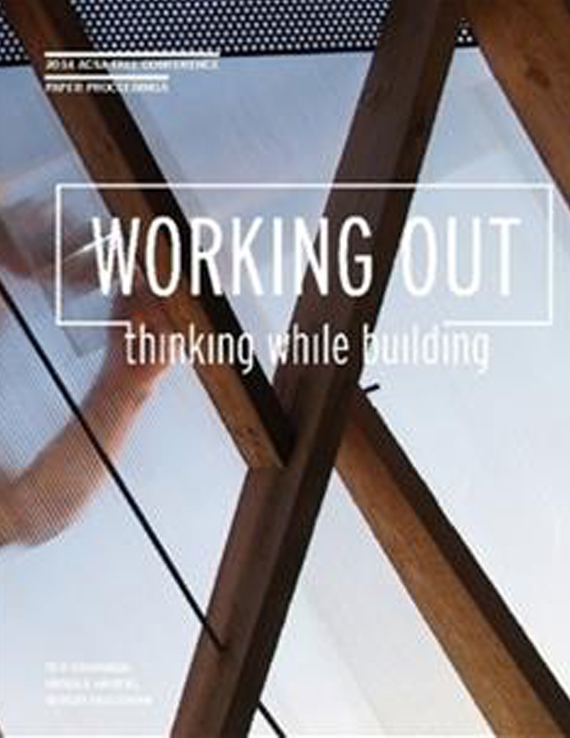Author(s): Alessandra Basile, Andrea Tulisi & Roberta Nicchia
This contribution focuses on a relevant aspect of the design-build studio format when applied to international cooperation programs, that is the complex social process by which distant worlds are put into relation, communicate and cooperate in order to reach a shared objective, creating a virtuous cultural and technological exchange.Within this paper, three projects will be presented, in which university students are directly involved in designing and building architectures that support self-help development programs proposed by indigenous communities and local NGOs of the Oaxaca State, Mexico. The construction of these buildings aims at activating self-help development processes, that would allow to overcome poverty and marginalization through the enhancement of local natural, human and technological resources.The here presented DesignBuild Studios focus on the complex participatory process that involves principally European students and Mexican communities. This cooperation starts with a visit in the communities, where all elements useful for the project’s development are collected, and a first exchange of expectations, ideas and arrangements takes place. The latter continues during the architecture design and with the choice by the community of one project among different proposals. After that, during the construction step, technical exchange among the participants is pursued; the attempt is to valorize local building materials, knowledge and expertise – and through this to strengthen the community’s self-esteem -, and to practically suggest possible improvements in these fields. Moreover, an important goal is the cultural exchange, which emerges spontaneously thanks to the experience of living and working together for some months. This aspect has been further improved in the last project through an household survey lead by the students with the families of the host village, in order to understand local lifestyles and housing cultures. At the end of each project, it was possible to notice that one important result of the above summarized participatory process is the creation of a broad network of cooperation and solidarity on our territory and abroad, that involve different actors: public, private and the various expressions of the civil society. Moreover, the here presented projects are inspired by the European DesignBuild Knowledge Network, a network of universities and non-profit organizations that aims at stimulating the DesignBuild Studio format also within international cooperation programs.
Volume Editors
Sergio Palleroni, Ted Cavanagh & Ursula Hartig
ISBN
978-0-935502-94-7

 Study Architecture
Study Architecture  ProPEL
ProPEL 
